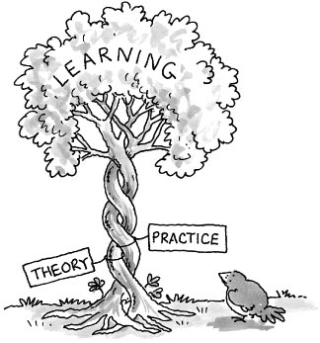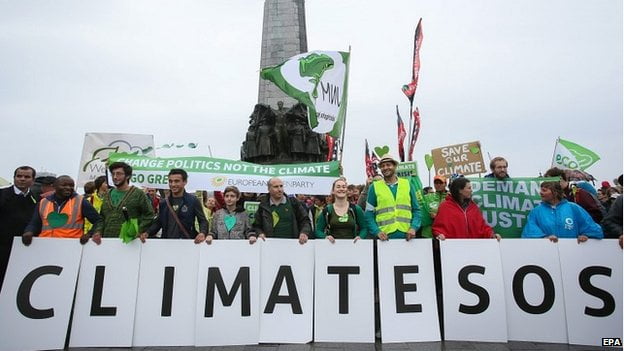When you think about terms like ‘environmental awareness,’ or ‘environmental studies,’ surely, you would be thinking about the current climate crisis, ways of conserving our resources and everything that encompasses this need of the hour. But that wouldn’t exactly be the case with an Indian college student.
And if you want to know why, all you gotta do is take a look at their syllabi. Because in most colleges in India, Environmental Awareness, shortened as EVA, is just another subject existing as a source for extra credits.
Environmental Studies:
Studying about the environment is indeed important, especially with regard to the devastating effects of climate change. The fact that our schools and colleges have included environment studies in their curriculum is highly commendable.
However, one main question arises; that of its benefits and intended effects on the students. How many schools or colleges in our country could possibly vouch that their efforts have actually contributed to the conservation of the environment?
Not many would, or for that matter, could vouch so.
Double Standards:
That makes us wonder whether the concepts of ‘Environmental Awareness’ and ‘Environmental Studies’ are plainly redundant? If they are not serving the very object in their titles, then why even have such subjects for study?
Thinking along those lines, we realize that the problem lies with how these concepts are treated in our education system. EVA as a subject exists only for the purpose of awarding credits to students in the most hassle free manner as possible.
In fact, it is given next to no priority that both the teachers who teach the subject and the students who have the subject, function with the well-formed idea that one just has to be present for these lectures until the marking procedures are done and dusted.
Also Read: Famous People From History Who Worked For Protecting Our Environment, Even Back Then
Theory v/s Application:
In addition to being given zero importance, environmental studies is considered as a theoretical subject and not as something that has practical applications. In fact, even the theory that is forced upon students is mostly outdated.
Every EVA teacher talks about conservation plans, uses of renewable energy, importance of following a sustainable model of life, but none of them actually engage the students in an effort to practically take part in conservation activities.
I myself had to submit a 20-page written assignment on a topic related to environmental conservation, in addition to writing a theory exam on the same. To this day I struggle to understand the purpose served behind these two extremely tedious activities!
Inducing The Wrong Attitude:
Speaking on behalf of the entire student community, I can assure you that no student would ever say that he/she absolutely loved having EVA as part of their curriculum.
Of course, one cannot blame them for this, as eventually this extra set of theory only acts as an additional burden on their usual load of work.
This is really worrying because instead of motivating students to work for the betterment of the environment, it is only making them move farther away from the subject.
What Ought To Be Done:
Climate change is a truth that we cannot overlook. As the generation that is going to live witnessing this devastation, we should make ourselves aware and capable of handling the situation.
Environmental studies from that perspective needs to be given more focus than ever before. But the way in which such focus is given should change.
Teach students to be an active participant of conservation efforts, not by making them write countless exams, but by encouraging them to go out there and make a difference. Make them plant trees instead of making them waste papers made out of those trees.
With time as the one resource we’re short of, let’s hope that this system of education changes for the better!
Image Credits: Google Images
Find The Blogger @NandanaNair19
You’d Also Like:
Cardboards Stacking Up With Each Delivery To Your Doorstep- The Environmental Cost Of E-Commerce



































